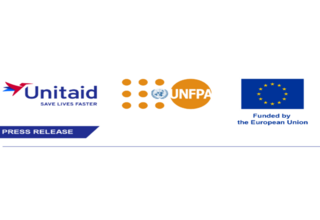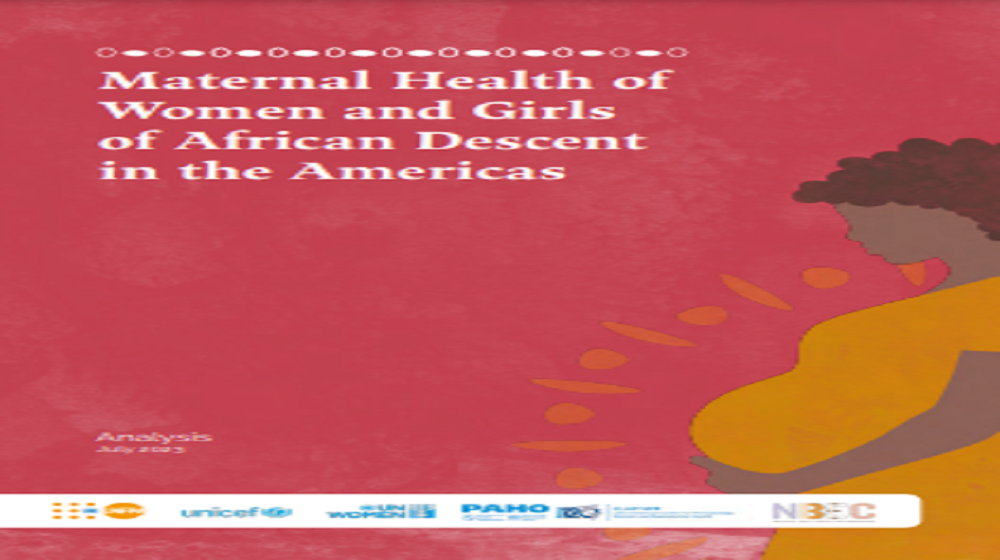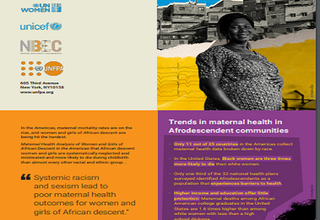More than 1.1 million women in the three countries are projected to give birth in Ebola-affected regions this year, according to UNFPA estimates, and all require antenatal, childbirth, postnatal and emergency obstetric care. However, many pregnant women are afraid to visit, or are turned away from, overstretched health facilities.
Gains in maternal health and family planning in recent years are being wiped out, according to UNFPA. Maternal deaths are projected to double to over 1,000 per 100,000 live births in Guinea and Liberia, and more than 2,000 deaths per 100,000 in Sierra Leone, if needed emergency obstetric care is not provided. This is a return to 1990s levels, when civil wars ravaged people’s lives.
“Our response is urgent as we have to save lives and stop the spread of Ebola now,” says UNFPA Executive Director, Dr. Babatunde Osotimehin. “We must also strengthen health systems and build resilience for the future. By expanding midwifery, we will increase the number of health workers and ensure safe delivery for mothers and newborns.”
In response to the drastic situation in the three countries, UNFPA has launched the Mano River Midwifery Response with governments and other partners. It aims to quickly re-open functioning midwifery services and restore health systems for reproductive and maternal health. The initiative is recruiting more than 500 international and national midwives, doctors and health workers to staff at least 20 midwife-led units, supported with strong referral mechanisms and centres to manage complications of pregnancy and childbirth in each of the three countries. The response will also develop community-based interventions, including mobile clinics, voluntary family planning, clean delivery kits, and childbirth, post-partum and newborn care.
At the community level, UNFPA has trained and supports over 6,000 Ebola contact tracers — almost 5,000 in Sierra Leone, more than 560 in Liberia and over 500 in Guinea. More than 93,000 contacts—above 78,000 in Sierra Leone, 14,000 in Liberia and 1,700 in Guinea — have been monitored closely to prevent further transmission of Ebola.
As part of the Ebola response, UNFPA has provided more than 900 reproductive health kits in the three countries. They include materials for clean delivery, maternity gowns/ outfits, disposal aprons, masks, operating/maternity shoes, examination and gynaecological/elbow gloves and other equipment. In Sierra Leone alone, more than 450,000 women of childbearing age will benefit from the reproductive health kits. In Liberia, UNFPA distributed 1,250 dignity kits to Ebola and violence survivors, each including a mattress, hygiene supplies as wells as infection-prevention and control supplies. In Guinea, UNFPA provided hygiene kits to 9,000 pregnant women and solidarity kits, containing foods and other necessities, to 1,000 cured women.
UNFPA: Delivering a world where every pregnancy is wanted, every childbirth is safe and every young person's potential fulfilled.




